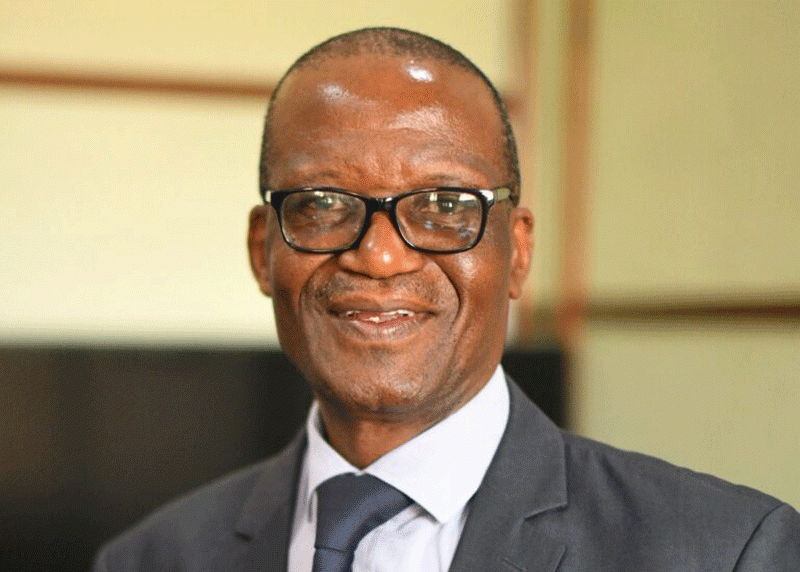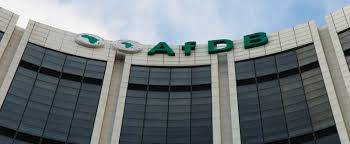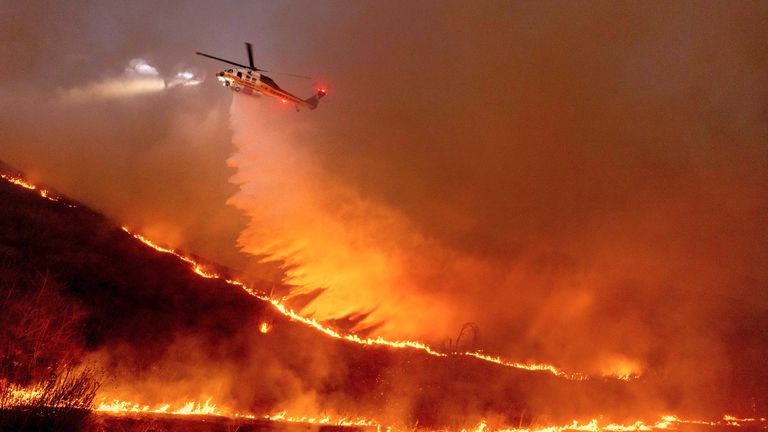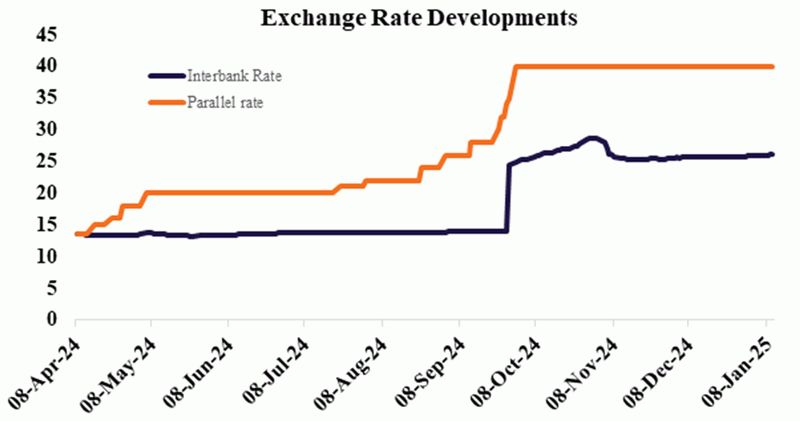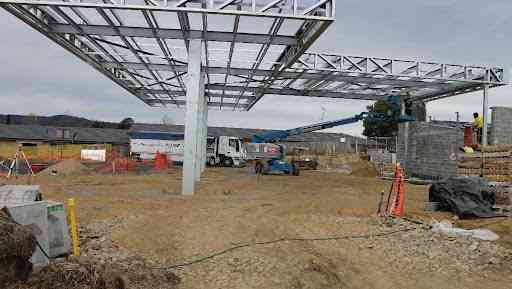
Harare's city-scape is rapidly evolving, with new fuel stations sprouting across its suburbs.
They have become a common sight along the capital's roads.
Construction of service stations is at its peak, with the Zimbabwe Energy Regulatory Authority (Zera) issuing more than 3 300 retail licences over the last four years in line with a rise in the density of vehicles.
Rising fuel demand has created new investment opportunities and ignited a rise in new entrants.
This week, economists attributed the sector’s expansion to growth in vehicle population, and the deregulation of the sector, which has created room for private capital.
A plethora of business people grabbed the opportunity to build and open service stations, with new players now more visible in a market that was previously dominated by multinationals, including British Petroleum, Shell, Total Energies and Caltex.
On a stretch of about eight kilometres along Waterfalls Road in Harare, about five new brands have recently established shop, joining three bigger brands that had already been operating there.
These include the exponentially expanding Energy Park and MAP.
- Low tariffs weigh down ZETDC
- Zesa doubles power charges
- ZERA announces another fuel price increase
- Zim needs 450 megawatts of imports to fill energy gap: Magombo
Keep Reading
Cripps Road, which passes through Mbare from Graniteside industrial area, has been congested with Meru Petroleum Zimbabwe, Trek Petroleum and Engen Petroleum among those operating in a short stretch of road.
Service stations have also spouted along Simon Mazorodze Road, with Total Energies, Puma, and Zuva service stations dominating the area.
Economist Vince Muswere said investors were being attracted by stability in the sector. He, however, noted the prices of fuel remain uncompetitive.
“Clearly, there is money to be made and in typical Zimbabwean fashion, people are copying. That is not bad for the economy and consumers. We want competition in every sector to improve service levels. Pity they cannot compete on price. In other economies, there is competition in every sector to the benefit of consumers,” Muswere said.
The industry’s fortunes have been bolstered by the increase in imported cars.
According to figures released by Zera, Zimbabwe’s fuel consumption increased to almost 1,2 billion litres during the 11 months to November 2021, compared to just over one billion litres in 2020.
The upward trend has continued.
Zimstat's latest transport statistics report for the 2023 second quarter revealed that the number of new vehicles registered climbed by 9,3%, from 21 817 in the first quarter of 2023 to 23 849 in the second quarter.
Light motor vehicle registrations climbed 8,9% from 16 313 in the first quarter of 2023 to 17 772 in the second quarter.
Economist Victor Bhoroma said the business guarantees consistent returns owing to the growing vehicle population.
He, however, raised concerns over the ability of Zera to constantly inspect service stations for quality.
“The increase in fuel stations is caused by supernormal profits enjoyed by the operators and guaranteed demand from a growing vehicle population. The market is devoid of other investment options that bring consistent returns. As such, gas stations have turned to be an avenue to plough in huge sums of income earned by local business people from mining and commodity exports,” Bhoroma said.
“However, it may be imperative for Zera to regularly test the quality of fuel sold in the market to protect vulnerable motorists,” he said.
There has been growing concern over safety and environmental risks posed by some new fuel stations, which are located close to residential areas.
Lack of adherence and compliance with occupational health and safety standards is one of the leading causes of workplace accidents, deaths and health issues across the world.
In 2022, flames flared up as petrol attendants at Magnum Petroleum Service Station in Bulawayo were decanting 10 000 litres of diesel which took a brave driver to avert the disaster, according to a report by The Chronicle.
The Combined Harare Residents Association official Ruben Akili is worried.
“The proliferation of service stations in Harare is a concern and it comes against a background where the local authority has failed to come up with a master plan and at this moment the local authority has been using the local area plans which then are changed day in and day out. We have seen land barons also changing land use. Land use planning has been changed because we don't have a functional master plan,” he said.
He expressed concerns over the allocation of land to service stations without proper consultations.
“It is very, very disappointing that we have a local authority that has failed to come up with a master plan since 1994 until now, and it is about 30 years. It is very disappointing because we would have anticipated that they were going to take the issue around planning seriously. You realise that in terms of the Regional Town Planning Act and even the Urban Council Act, the change of reservation of stands or plans is supposed to be a consultative process. But these things are not happening,” he said.

